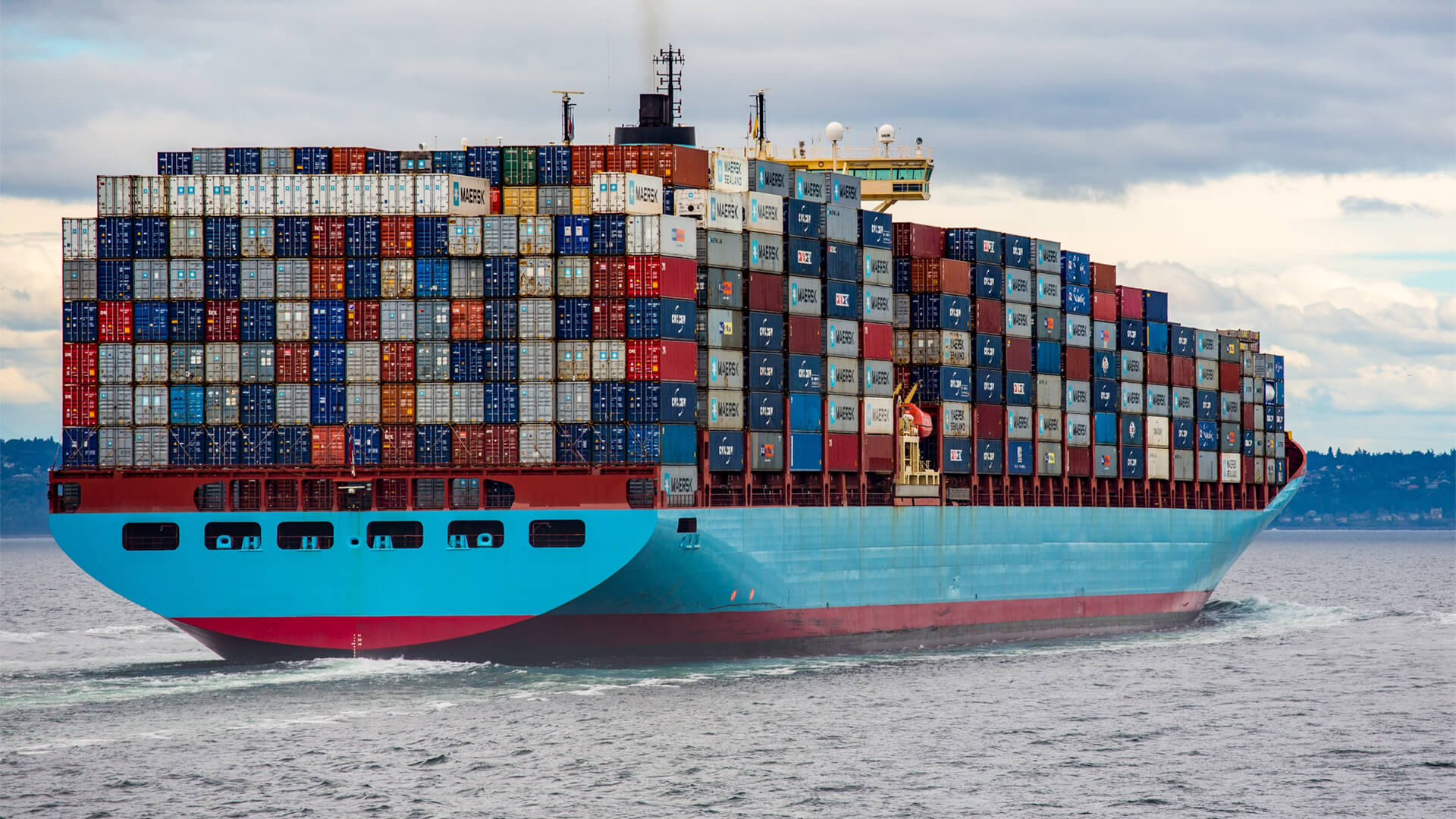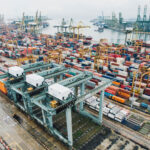You’re about to watch a free video on Russia attacking commercial ships, but before you do, learn how you can get access to the most recent videos and support a good cause in the process…
All proceeds for the remainder of this calendar year from all new subscriptions on Patreon between now and November 1, will be donated to MedShare International. That means you can get access to the daily videos, news digests, community forum and live Q&A, and your money will be going directly to support those in need.
You can click the link below to join us on Patreon or donate directly to help support MedShare’s efforts.
Russia has attacked three civilian ships carrying grain in Ukraine’s southwest maritime corridor. This marks Russia’s first major attack on commercial shipping, and a significant escalation of this war.
Ukraine doesn’t have too many options for getting its grain out, so they rely heavily on sea transport. Since the collapse of a political deal with Russia that allowed grain shipments to get through, the Ukrainians have created a corridor through Romanian and Bulgarian waters; however, the Russians most recent strike might put an end to that.
We will likely see disruptions to global food supplies and further complications with maritime insurance…which makes sense, as the potential loss of three ships is no small setback. This situation is evolving rapidly and I will continue to update as news comes out.
Here at Zeihan On Geopolitics we select a single charity to sponsor. We have two criteria:
First, we look across the world and use our skill sets to identify where the needs are most acute. Second, we look for an institution with preexisting networks for both materials gathering and aid distribution. That way we know every cent of our donation is not simply going directly to where help is needed most, but our donations serve as a force multiplier for a system already in existence. Then we give what we can.
Today, our chosen charity is a group called Medshare, which provides emergency medical services to communities in need, with a very heavy emphasis on locations facing acute crises. Medshare operates right in the thick of it. Until future notice, every cent we earn from every book we sell in every format through every retailer is going to Medshare’s Ukraine fund.
And then there’s you.
Our newsletters and videologues are free and we will never share your contact information with anyone. All we ask is that if you find one of our releases in any way useful, that you make a donation to Medshare. Over one third of Ukraine’s pre-war population has either been forced from their homes, kidnapped and shipped to Russia, or is trying to survive in occupied lands. This is our way to help who we can. Please, join us.
Transcript
Hey everybody, Peter Zeihan here, coming to you from Colorado with just a quick update. It’s the 10th of October and we just got confirmation that the Russians are attacking civilian shipping with international flags in a corridor to the southwest of Ukraine, ships primarily carrying grain. We have been very, very fortunate in the conflict so far that we haven’t had a food crisis.
At the very beginning of the war, when the Russians were blockading the entirety of Ukraine’s Black Sea coast, we basically had 3 or 4% of global food production fall off market overnight with no replacement. And food prices quickly rose to, recent record highs, the highest we’ve had in 15 years. Since then, we had a political deal between Russia and Ukraine to allow ships to come and go in order to pick up foodstuffs.
And after that deal collapsed a year later, we then last year had the Ukrainians open up their own grain corridor, which went west from Odessa into Romanian Bulgarian waters, where Russian ships wouldn’t dare go. But there was still that thin sliver of territory between Odessa and the maritime border with Romania that was in Ukrainian space, where there was always a concern that the Russians would strike.
And now they have right now only three ships. Right now only three attacks. Right now, no ships have been sunk. But this would be the first time in the war in a meaningful way that the Russians have actually gone after commercial shipping. They have a couple things to keep in mind. Number one, Ukraine does not really have a very good way to get grain out by rail.
All the countries that border it to the west are also agricultural exporters. So even if there wasn’t a political complication and there are, these are markets that couldn’t absorb it. So you need to go several hundred miles further in order to get to ports in, say, Germany or Croatia in order to get the grain out. And those ports are already being used by other exporters.
So, you get snarled in addition to the fact that the rail lines are insufficient to the task, in addition to the fact that they use a different rail gauge. So really it’s by sea or really not at all. Second, while we have had some changes in the insurance regime of maritime shipping in the last several years, the still the bottom line is we haven’t really lost a insured ship in the Ukraine war yet, and we don’t know how insurers are going to adjust policies.
If you would ask me, before the war started, it would have been pretty dramatic where we had a loss of shipping like 25 years. And so if a ship had been taken down that had a policy, basically no one would be able to offer a policy anymore. And all ships would be completely uninsured in the area. That assumes there’s not a cascade through the financial system.
Now that they’ve had a couple of years to kind of prepare for this moment, we really don’t know what companies like Lloyd’s of London are going to do, but we’re going to find out really, really fast. So stay tuned. And if this gets bigger than it is right now, I’ll definitely be telling you more.








